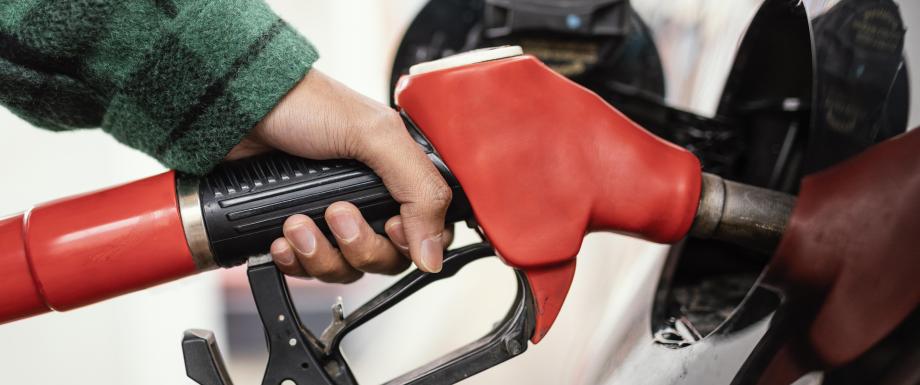
Postponement of excise increases is positive, but excise policy needs further analysis
The Ministry of Finance has presented a bill that postpones the increase in the excise tax on certain fuels and electricity by one year. The Chamber of Commerce supports this proposal, because in the conditions of high prices of energy carriers and rapid inflation, it is not reasonable to increase excise tax rates in the near future.
The bill extends until April 30, 2024 the excise rates on certain fuels and electricity that were temporarily reduced during the COVID-19 crisis. The change applies to diesel fuel, fuel oils, natural gas as fuel and motor fuel, liquid gas as fuel and electricity. For example, according to the bill, the excise tax on diesel fuel is currently 37.2 cents per litre until April 30, 2024. According to the current law, the excise tax increase on fuels and electricity would have taken place from May 1, 2023.
In addition, the bill stipulates that the gradual restoration of fuel and electricity excise duties to pre-crisis levels will take place within four years from May 1, 2024. According to the current law, the excise tax increase would have taken place in the years 2023 - 2026.
According to the bill, the agricultural sector and oil shale mines can use special-purpose diesel fuel until April 30, 2024 at the level of the European Union's minimum rate, which is 2.1 cents per litre. According to the current law, such discount would have been valid only until the end of this year. According to the bill, the excise tax rate for special-purpose agricultural diesel fuel will rise to 10.7 cents per litre from May 1, 2024, and only universally taxed diesel fuel can be used in oil shale mines.
The Chamber of Commerce announced in its letter to the Ministry of Finance that postponing the excise tax increase is absolutely positive in the current situation. At the same time, we emphasized that the excise tax increase planned for May 1, 2024 must be reviewed once again and it must be preceded by an analysis of the excise tax policy. It is possible that if rapid inflation and high prices of energy carriers continue, and in order to ensure the competitiveness of the Estonian business environment, it is necessary to postpone the excise tax increase even further into the future, to cancel excise tax increases altogether, to reduce excise tax rates or to introduce additional excise tax incentives or to expand the scope of application of existing incentives.
More information about the bill to postpone the excise tax increase on fuels and electricity can be found HERE.


